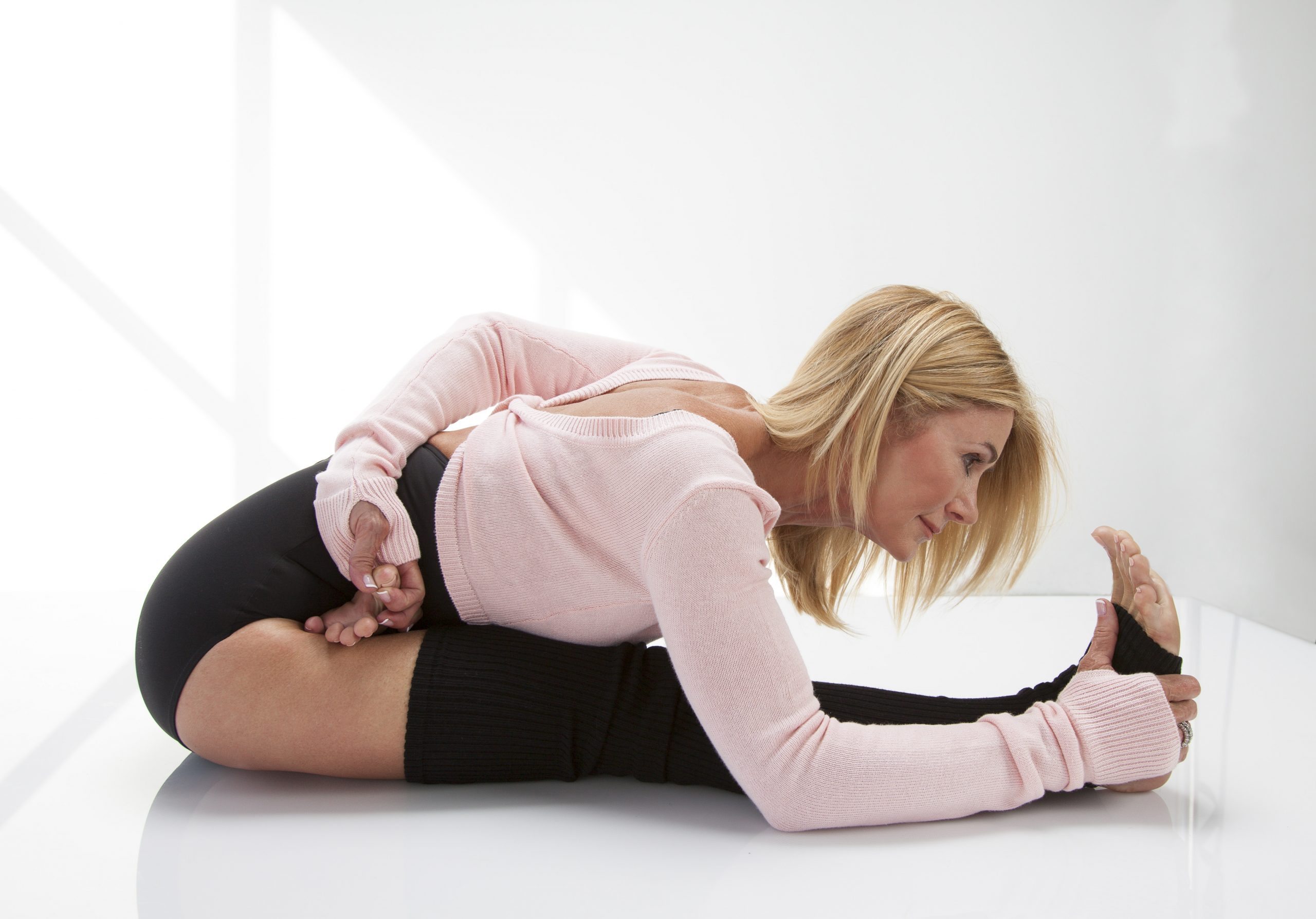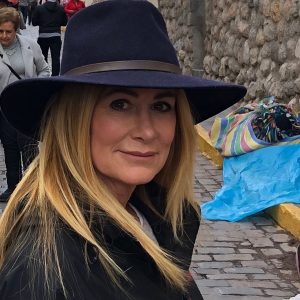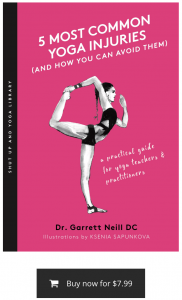@stephanieyogini
We were delighted to interview Stephanie, author of the book ‘Yoga Wisdom, Warrior Tales Inspiring You On and Off Your Mat.’ Stephanie has been through a lot of abuse, is a PTSD survivor, and has found healing and solace in yoga. Her book is a compilation of teacher interviews interwoven with her personal story; in the interview below, she tells us more about her journey and shares the hard process of writing a book in such a vulnerable way. Read on to learn about her trauma, how she healed, and how she encourages you to do the same.
What are you reading right now?
“Ways of Looking: How To Experience Contemporary Art” by Ossian Ward
How did you come up with the idea of your book?
It’s inspired by my 4,000-mile life-transforming Yoga Road Trip where I rediscovered and redefined my life while interviewing over 100 yoga teachers who share how they use yoga to live a life of pure potential. I knew very quickly once I was video interviewing these amazing souls for my blog that a theme had emerged, which later became the book: we all face challenges in life (some big, some incredible) and all of the people in the book used yoga to move through these inevitable ups and downs with grace.
I love the way the book is formatted—with a combination of present-day interviews and your personal journal entries. How did you come up with this format? Why do you think it works so well for your story?
Thank you very much for your kind words as it was initially a challenge for a literary agent to “get” my vision, but I eventually found someone who did get it and she became my agent. I knew that weaving the metaphor of “the road – the journey” throughout and with their wisdom was unique. I’m proud to be the ‘sherpa’ of such incredible stories and I think it adds to the ongoing global conversation in yoga.
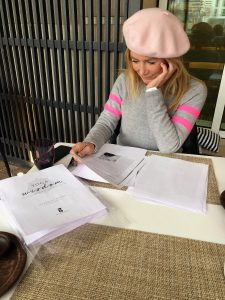
Was it hard for you to share your story in such a personal way? What hurdles did you have to face when writing such an intimate and no-bullshit reflection on your experience?
It’s one of the hardest things I’ve ever done. I spent many nights writing at 2 am (which I never do), there were many tears, and I felt absolutely terrified most of the time. BUT, I realized that the scariest part was the perceived judgment from my abusers and/or the judgment from other women about what a “good” mother is and why I couldn’t figure out a way to make this right. I now know that I am a “good” mother, I always was. It was a lot of very hard work, but I’m free now. I kept telling the censor, the critic, the horrible liar in me that kept telling me my voice, my words, my story wasn’t enough, that I am enough as I am.
I spent many nights writing at 2 am, there were many tears, and I felt absolutely terrified most of the time.
Doing this work, I crossed over to a very deep peace, knowing that the only real person that could break the cycle of abuse, going back up generations before me, was me. My deep hope is that I can somehow inspire another person to take the giant leap of faith to (re)claim a life of joy.
You wrote you’d forgotten you were a ‘valuable person.’ How do you think that has influenced your relationship with your abusers (husband, therapist)? How different would it have been if you’d known your worth (e.g. in your choices, mindset, reactions)?
Wow, this could be a book in itself… BUT, abuse is a very very slow process of wearing you down and creating a false narrative about yourself that simply isn’t true. I was “primed” to buy into this by my initial abusers, my parents. They taught me negative love, and I was a great student. I will never know “how different” it would have been, but I certainly celebrate creating the life for myself that I deserve – that we ALL deserve: one of health, balance, peace, kindness, and joy.
Can you share one epiphany you had when you started hearing your own voice?
That I was fucking funny. Of course much of the book is VERY serious, but I found out that my voice – the me I had forgotten about – was funny, and when I would allow myself to step back and simply get out of my way, I could write from that scared, funny, energetic and very masculine voice (quite the “tomboy” they used to say – which was an insult BTW) that was vulnerable, but brave and powerful. Authenticity and vulnerability are a superpower that I had never claimed – now I wear my scars with pride.

How did you realize you had to put an end to the ‘cycle of abuse that had plagued generations of [your] family”? What was the mental process that you had to go through to get there?
It was “suggested” to me in treatment. While in treatment (which was the first time I had ever heard of or been to a therapist), it was outlined in the beginning that we would be going back to the beginning. Well, since I wasn’t speaking to one of my abusers (my father) at the time and had not for 25 years, I thought to myself, “What? That’s all behind me! What does that have to do with now?” – Boy, was I in for the wildest journey of my life. The correlation to that and that ABUSE was in my life at the time was more than I could understand, but thanks to the very professional, kind, and loving first treatment center I went to, I quickly understood that I had suffered so long, and I finally was triggered back to the feelings and situation that I was born into. that I finally was triggered back to the feelings and resulting situation that I was born into of my family of origin.
You mention letting go a lot but also that controlling your thoughts helps control your life. How do you find a balance between the two?
Great question. By practicing again and again to stop, breathe, and then reframe/rename/replace a voice that simply is not mine – I am the voice witnessing the voice – I dwell in the moment, where I recognize that I am whole now, practicing not being in the past or the future.
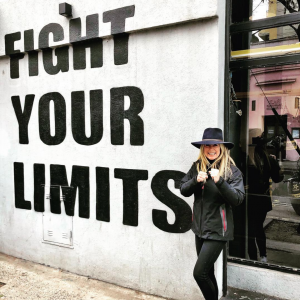
You said you ‘hope the next generation creates more equality’ talking about men and women. How do you take part in that change yourself?
WOW, this is a huge subject that I will only touch on lightly. I’m VERY passionate about being a change agent in the way we view gender and our place in the world. I do my part by mentoring a couple of young women, continuing to support women who are changing the conversation locally and globally (in many ways, including financially), actively demonstrating and being an activist in my community and nationally, and speaking out about equality. I’m a feminist and more importantly, a humanist. I believe we need to bring equality to women and in that process, even design a long-term strategy to move way beyond gender. I have hope. I surround myself with powerful change agents who have been fighting for equality since the 60’s.
I was a founding member of a Women’s Museum in Washington DC, was a member of NOW before most knew what it was, was active in fighting for Title Nine, was a patient at Planned Parenthood when I was broke (and received quality, professional, and KIND care) so I eventually was a financial contributor to Planned Parenthood – the list goes on and on. Yes, I have a Pink Pussy Hat. I VOTE and encourage others to do so. And I hope that my book contributes to women and men feeling good in their bodies, their lives and their communities so that they, too, can be healthy, balanced and smart in designing our future. I do believe we are all one and collectively, with a plan and love, we can change the world. There are 300 million yogis worldwide – I believe we have the power, together, to create a world of peace and equality.
You wrote ‘I started writing out the things I found most valuable in a partner.’ How was it ‘life-enhancing’? Can you tell us about that process?
Some of that is in the book, but I think it speaks to a much bigger message that the book is really about self-love. Once I knew my worth, and that I was valuable, that I had something wonderful to offer another human, but also that being a partner to someone didn’t, in itself, define my worth, I had an easier time of determining the absolute truth of what I wanted in a partner. It took me months. Months of going to yoga, coming home and staring at a page and then writing, rewriting, and more rewriting of what I wanted, needed, could not tolerate, deserved and I didn’t stop till I knew it was the kind of partner, love I deserved. That we all deserve.
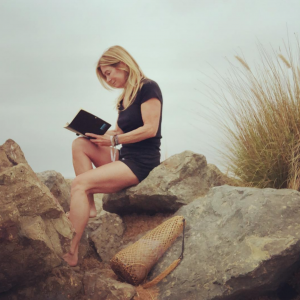
Let’s talk about the pursuit of perfection. Why is it important for women (and men) to stop pretending that they are perfect and have it all together?
Because it’s a toxic, unattainable goal. But, the bigger takeaway is that I believe and know in my heart, because I held my two perfect daughters in my arms when they were born, that we are born perfect. What happens, though, is we are influenced by many things that will take that pure, beautiful light and change/distort it where we believe that our “perfect” isn’t right. We then construct some kind of idea shaped by culture, our family of origin, the media, etc. of what we think we “should” be and try and create that. This, too, is a huge, complicated subject that I address in the book because it’s simply a flawed worldview. We are not flawed. We come into the world perfect. We are “taught” things that change that. It is our job to “unlearn,” and among other things, we have to learn that it’s ok to not be ok.
We are not flawed. We come into the world perfect. We are “taught” things that change that. It is our job to “unlearn,” and among other things, we have to learn that it’s ok to not be ok.
If there was a yoga pose or meditation practice that described you, what would it be and why? Has this changed over time?
Great question. Of course, I have to go with Warrior Pose. As you’ll read in the book, during treatment, I saw myself as a Lonely Warrior, which I am no longer. I’m a Spiritual Warrior, I am Spirit. I am.
What’s your advice to recent graduates trying to make it as instructors in a big city? Do you recall any misadventures when you were starting out ‘as a teacher)?
I created a blog with the idea that I could teach, share, and inspire with words more than poses. I had to find my own, unique style. My “thing” was that I loved interviewing other yoga teachers. It was kind of geeky and weird – and unique. There’s the key, unique. I had to claim that my unique me was valuable. We all have a way to contribute, and every teacher needs to find theirs.
In the moments of self-doubt or adversity, how do you reconnect with your purpose?
I go to yoga. If I can’t, I stop – put my hand on my heart – close my eyes and breathe.
What is an unusual habit or an absurd thing that you love?
Standing up to write. I’ll stand at my counter and dance around with my dog, Karma, in my socks on my hardwood floor. I get my best ideas after yoga or any kind of movement. As a very high energy person, I feel like I can’t get it out of me fast enough. I sometimes use my “voice notes” to write while I walk Karma along my beach here in Coronado.
I also take a marker and draw a Sanskrit symbol on my foot sometimes so I can see it in forward fold; it’s the symbol for freedom. Writing the book allowed me to feel free, but sometimes I needed the reminder.

What is your favorite Sanskrit word and what does it mean?
Shanti. Shanti, Santhi or Shanthi, in Sanskrit शान्ति, which means peace, rest, calmness, tranquility, or bliss.
If you could have a gigantic billboard anywhere with anything on it, what would it say and why? Are any quotes you think of often or live your life by?
I would simply say “Be Kind and Do Yoga” – as a Buddhist, I believe that if we all simply did that, the world would be a better place. As a yogini (someone who has done yoga for a long time), I know the world is.
What are you working on at the moment? Is there anything we should keep our eyes out for?
My second book, ReWriting A Screenplay with the love of my life, Michael, and planning my next Yoga Road Trip. Stay tuned!
Learn more about Stephanie on her website and Instagram. You can buy her book ‘Yoga Wisdom, Warrior Tales Inspiring You On and Off Your Mat’ on Amazon.
If you need help with abusive relationships and trauma, please reach out.
Australia
1800RESPECT.org.au | 1800 737 732
Canada
Alberta alberta.ca | 1 855 4HELPAB (1 855 443 5722)
BC and the Yukon VictimLinkBC | 1 800 563 0808
Manitoba gov.mb.ca | 1 877 977 0007
Ontario awhl.org | 416 863 0511 or #SAFE (#7233)
Quebec SOSViolenceConjugale.ca | 1 800 363-9010
UK
NationalDomesticViolenceHelpline.org.uk | 0808 2000 247
US
theHotLine.org | 1 800 799 7233
Enjoyed reading this article? Consider supporting us on Patreon. $2 donation will allow us to publish many more amazing articles about yoga and mindfulness.
